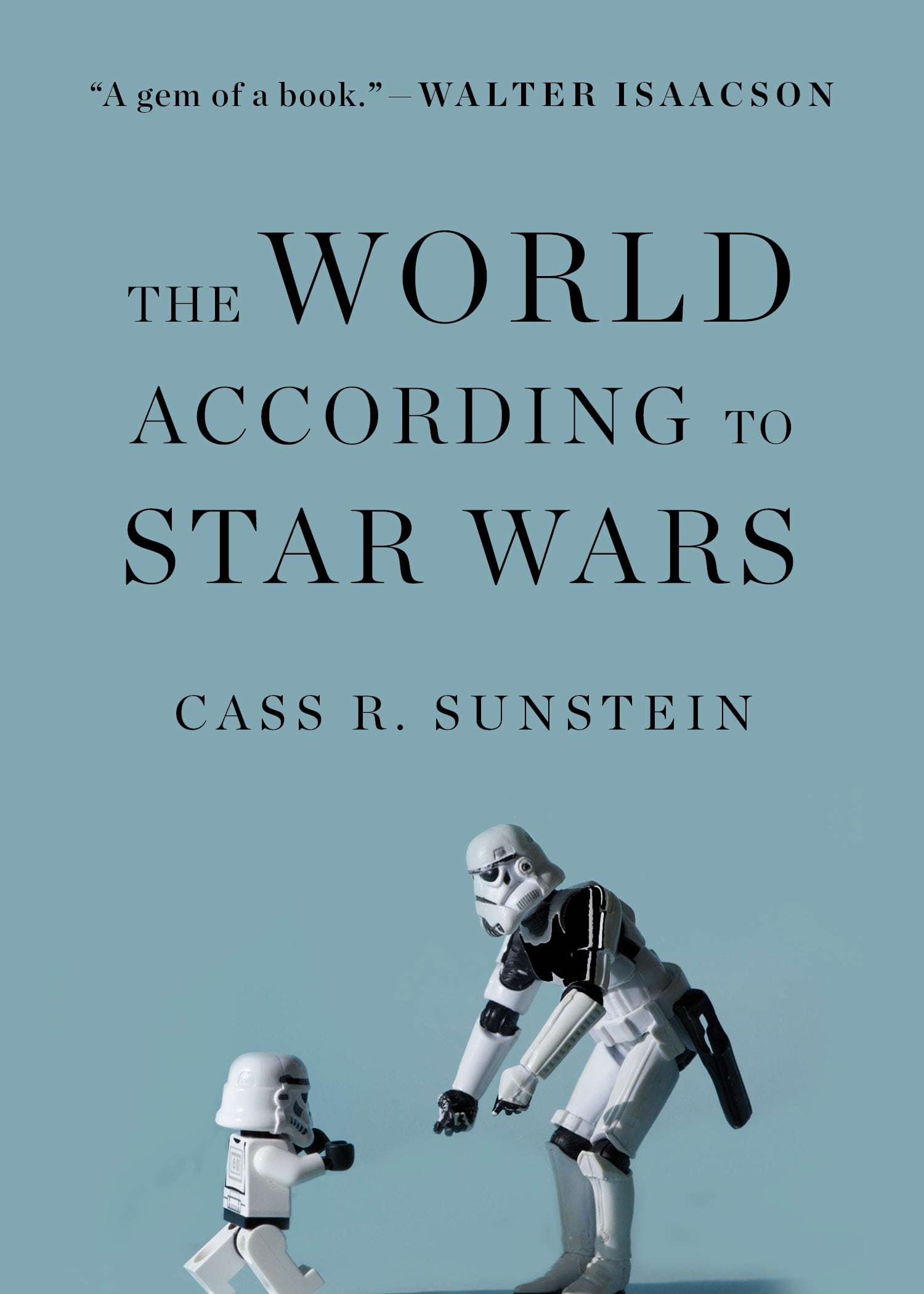The Volokh Conspiracy
Mostly law professors | Sometimes contrarian | Often libertarian | Always independent
Star Wars, science fiction and the Constitution - my review of Cass Sunstein's "The World According to Star Wars"

The Jotwell website recently posted my review of Cass Sunstein's fascinating new book The World According to Star Wars. It focuses on Sunstein's analysis of the portrayal of constitutional and political issues in the Star Wars universe. Here is an excerpt:
Cass Sunstein is one of America's leading legal scholars. Both his work generally and his book about Star Wars specifically have attracted enormous attention from both academics and the general public. But one theme of his new book, The World According to Star Wars, highlights an area that is often neglected: the depiction of constitutional issues in science fiction and fantasy.
Both legal scholars and other commentators on law and public policy would do well to pay more attention to this subject. Far more people watch science fiction movies and read science fiction books than pay attention to serious nonfiction commentary on political and constitutional issues. Whether we like it or not, these products may well have an impact on public attitudes, a possibility supported by some social science research.1 They also often reflect the concerns of their time…..
Sunstein devotes a good deal of space to the implications of Star Wars for constitutional questions, as well as political issues closely related to them. He also, of course, has numerous excellent insights on aspects of Star Wars that have little or nothing to do with law and politics. The book is a treasure trove for Star Wars fans and science fiction fans more generally. But it is the constitutional and political aspects of Sunstein's analysis that most concern us here.
Although I like Sunstein's book a lot, I am more critical than he is of the portrayal of political issues in Star Wars:
[T]here is very little sense in Star Wars that institutions (other than perhaps the absence of dictatorship) matter to good governance. Rather, the dominant impression is that things will be fine if good people are in power - people like Luke, Leia, or (in the prequel movies) the Jedi Order and the few "good" politicians, such as Bail Organa and Padme Amidala. In a 1999 interview, George Lucas famously said that "a benevolent despot is the ideal ruler" and criticized "dysfunctional" democracies where "[y]ou get these individual voices that are very loud." To some degree, at least, the series reflects that perspective. It is often ambivalent about whether we should fear concentration of power generally, or merely concentration in the wrong hands.
The emphasis on heroic elites may be a more general limitation of science fiction, and perhaps popular culture generally. It is much easier for a movie, TV series, or other work of fiction to portray the importance of heroic individuals than that of political institutions. Luke, Leia, and Han Solo inspire our empathy and admiration far more readily than a legislature, a court, or a well-run bureaucracy ever could. Star Wars, like many other works of fiction, implicitly conveys the message that the antidote to tyranny and oppression is to make sure the right people are in power.


Show Comments (0)